Version 2 of the Editoria11y Accessibility Checker is now available for WordPress, and site admins on our managed WordPress platform can activate it from their site’s dashboard.
For all newly provisioned WordPress sites, we turn on Editoria11y by default. At some point in the future, we plan to activate this plugin across all sites on our platform.
Editoria11y (pronounced “editorially”) is an accessibility quality assurance tool that is automatic, unobtrusive, and seamless – like a spellchecker.
The new version of includes a significant redesign of the tips and main panel, and it includes full live checking.
Created by John Jameson, Princeton University’s Digital Accessibility Developer, Editoria11y was previously only available as a module for the Drupal web content management system. Editoria11y is installed on over 2,700 Drupal sites around the world, and it is a standard feature of the Drupal-powered Princeton Site Builder. One reviewer called Editoria11y “The Best Drupal Accessibility Checker for Content Authors…“


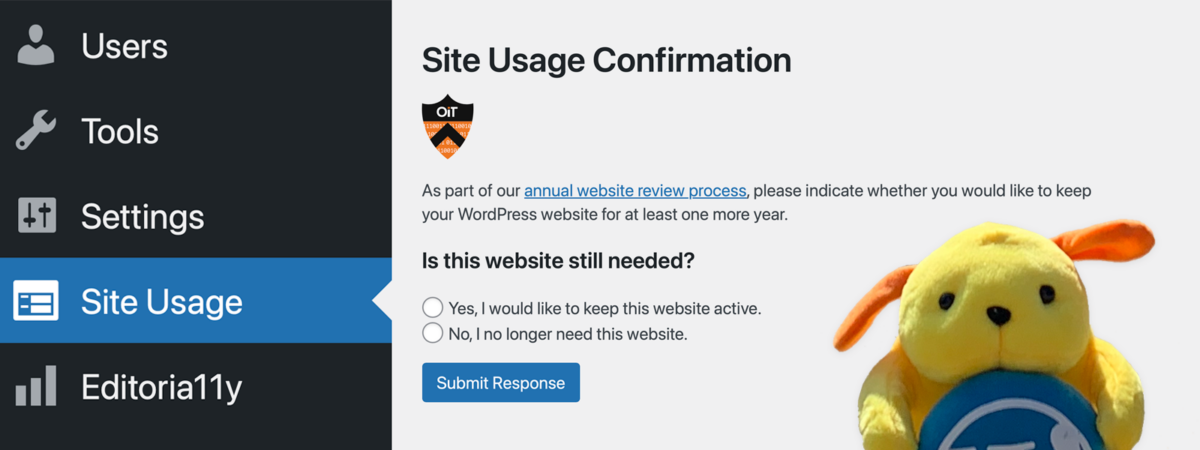
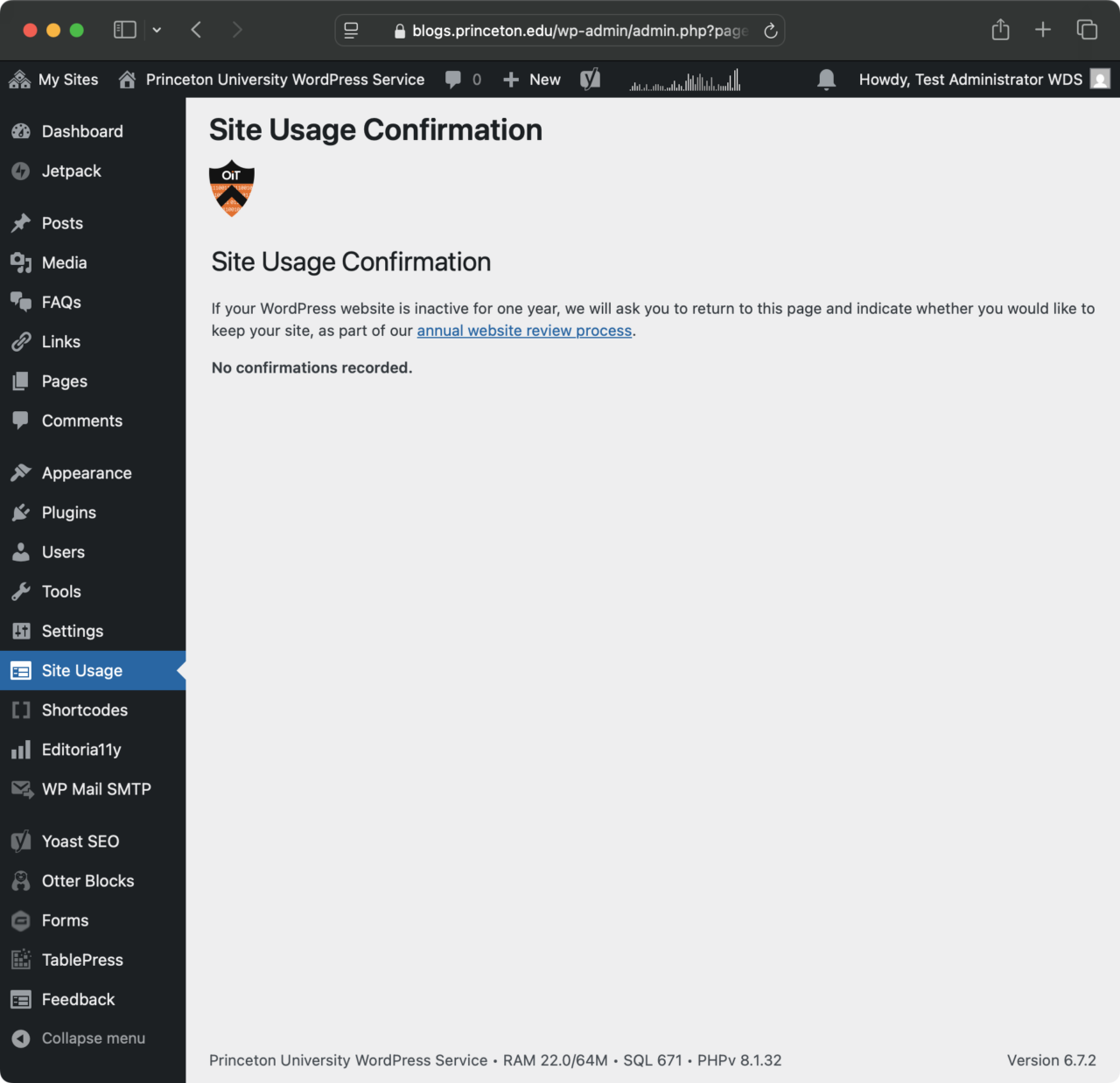
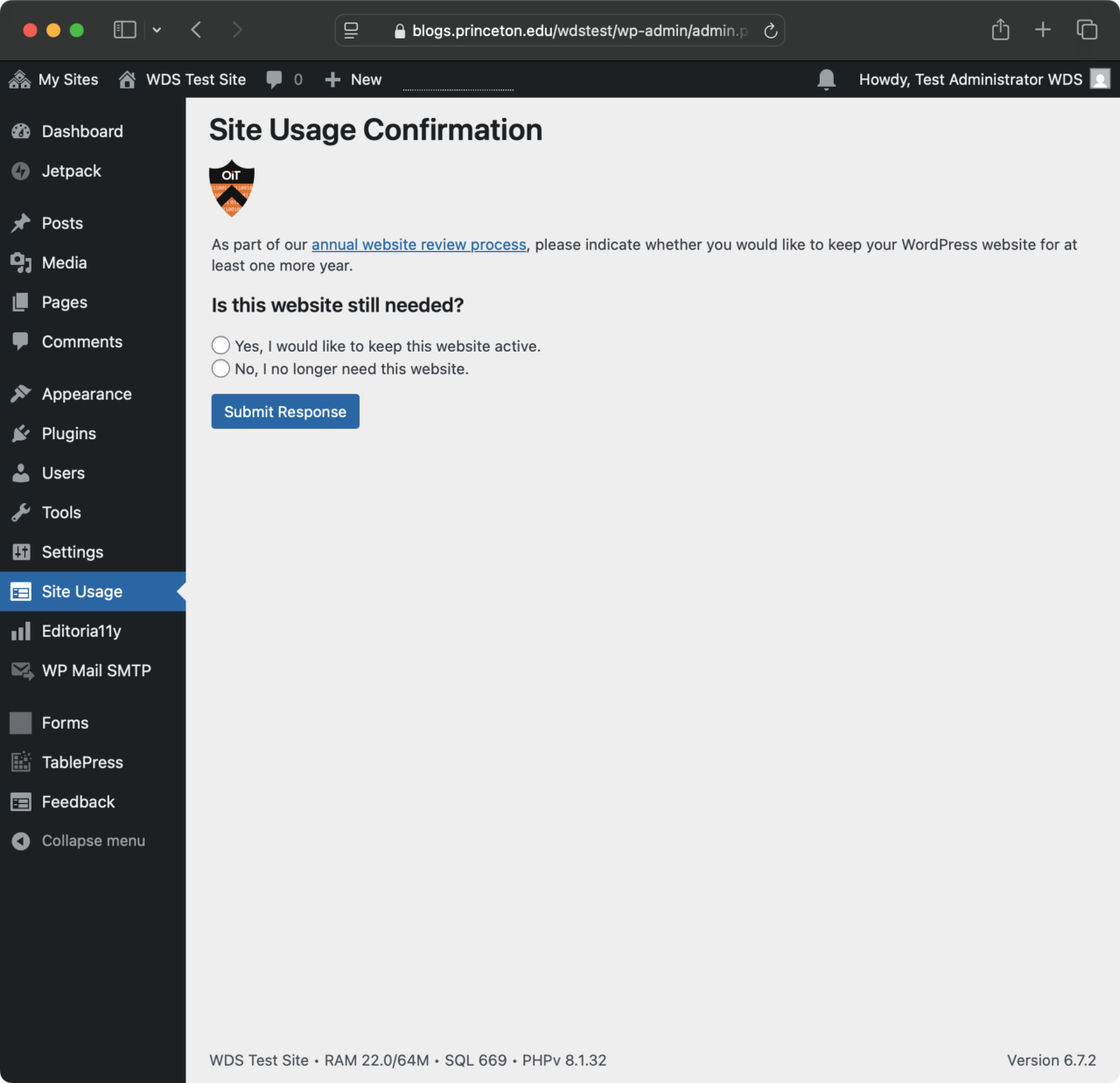
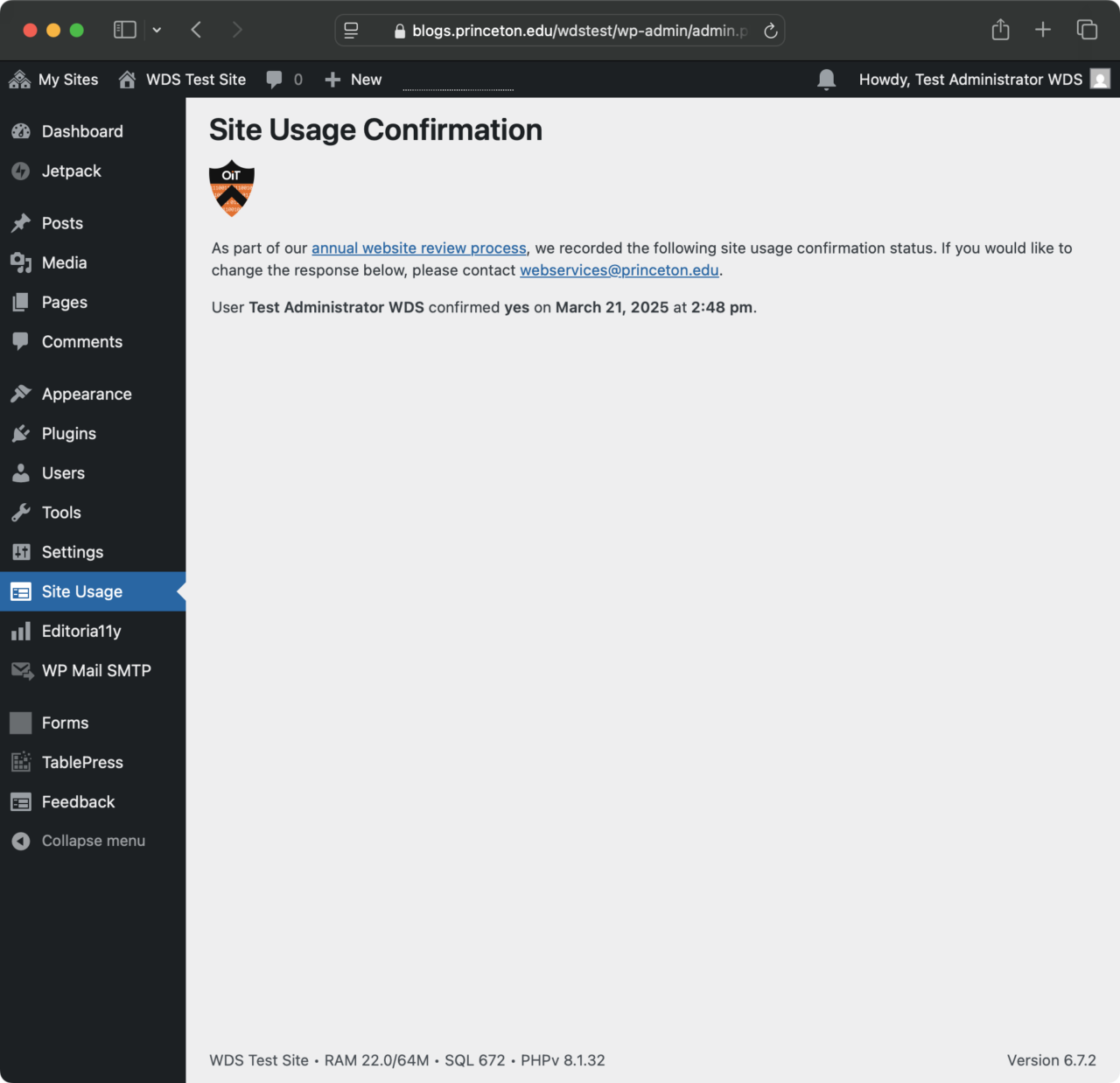
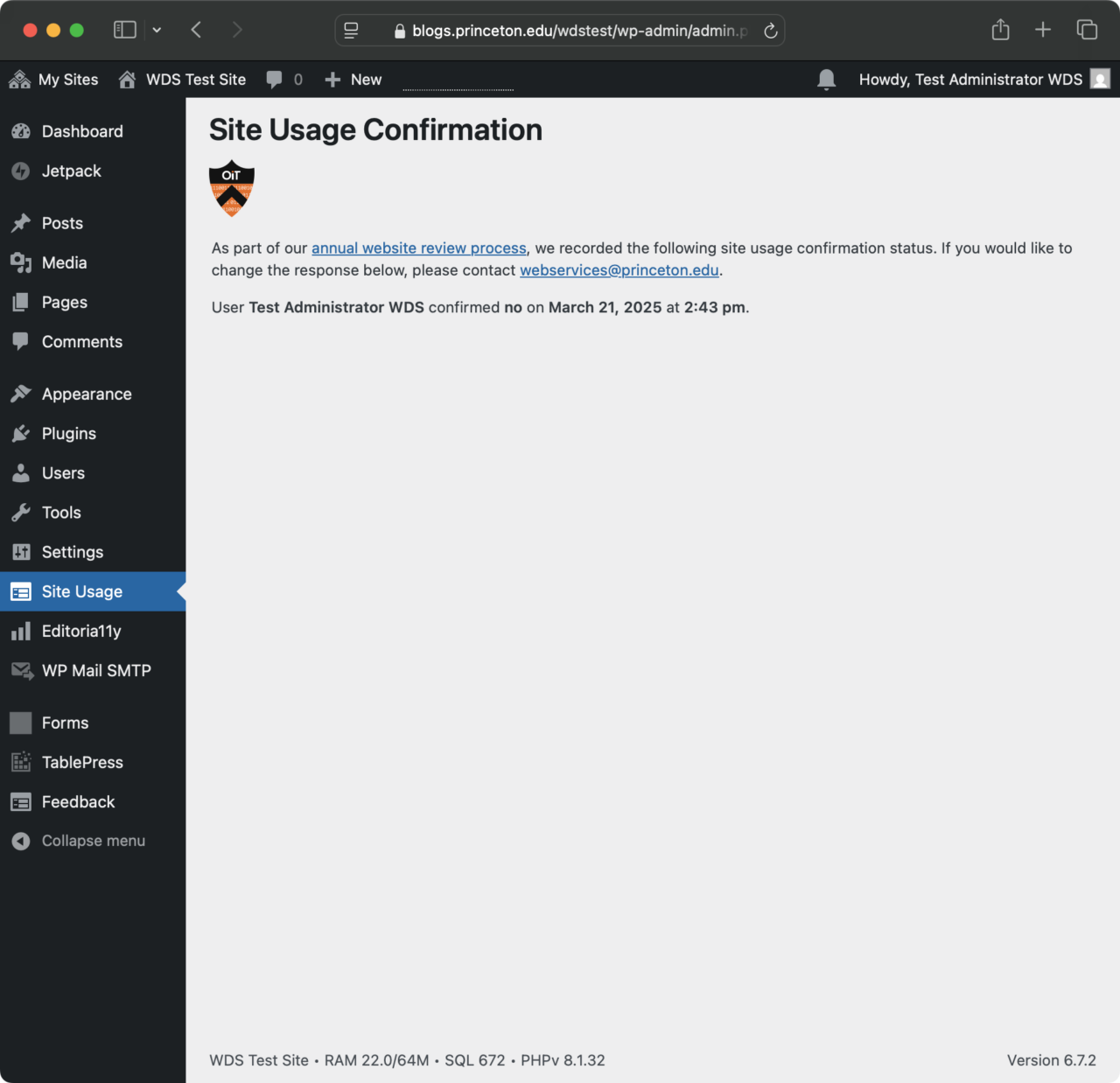


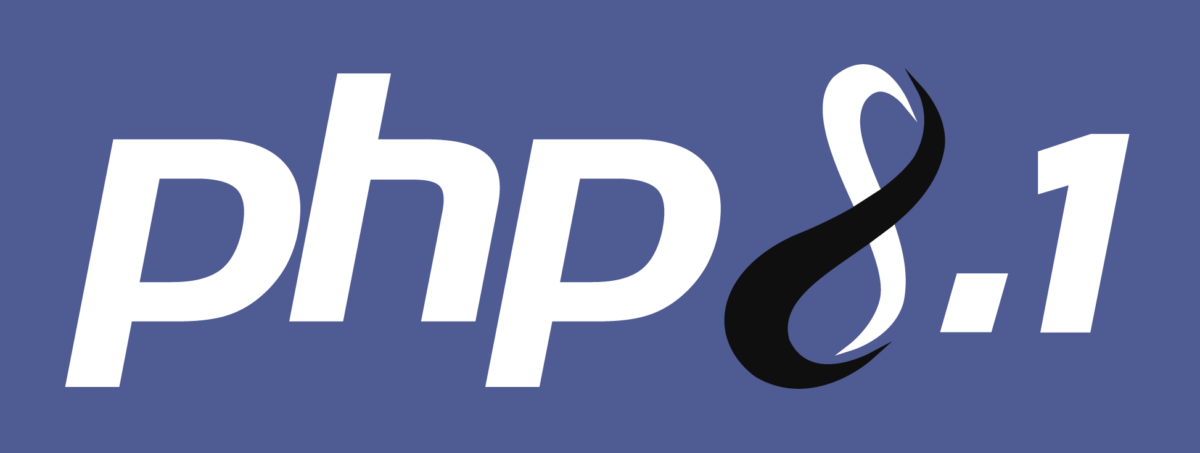
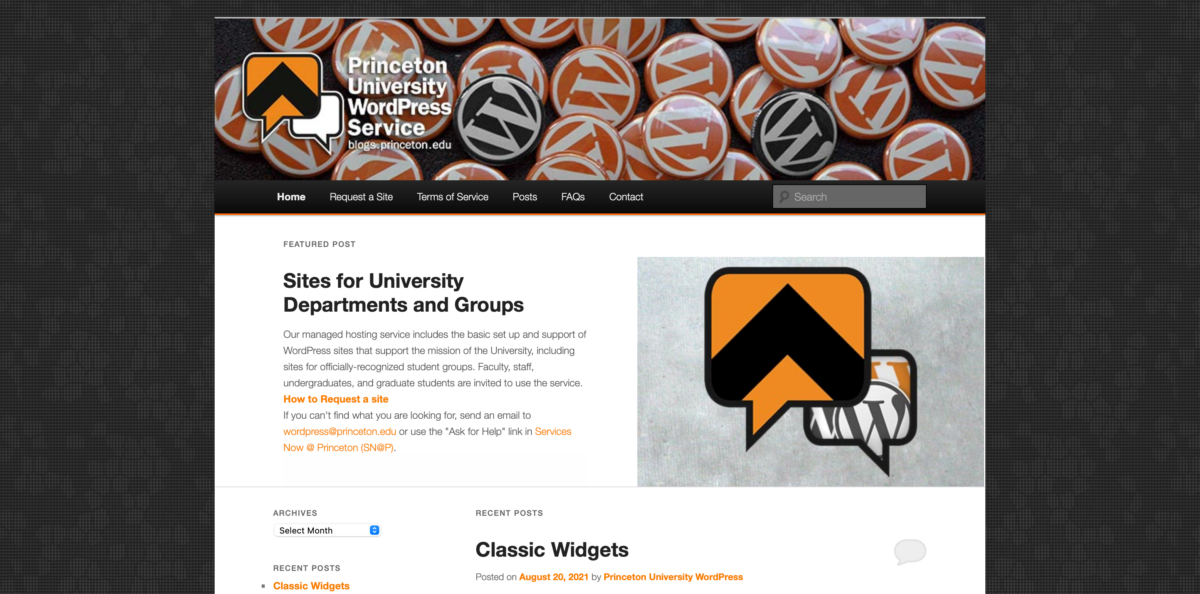
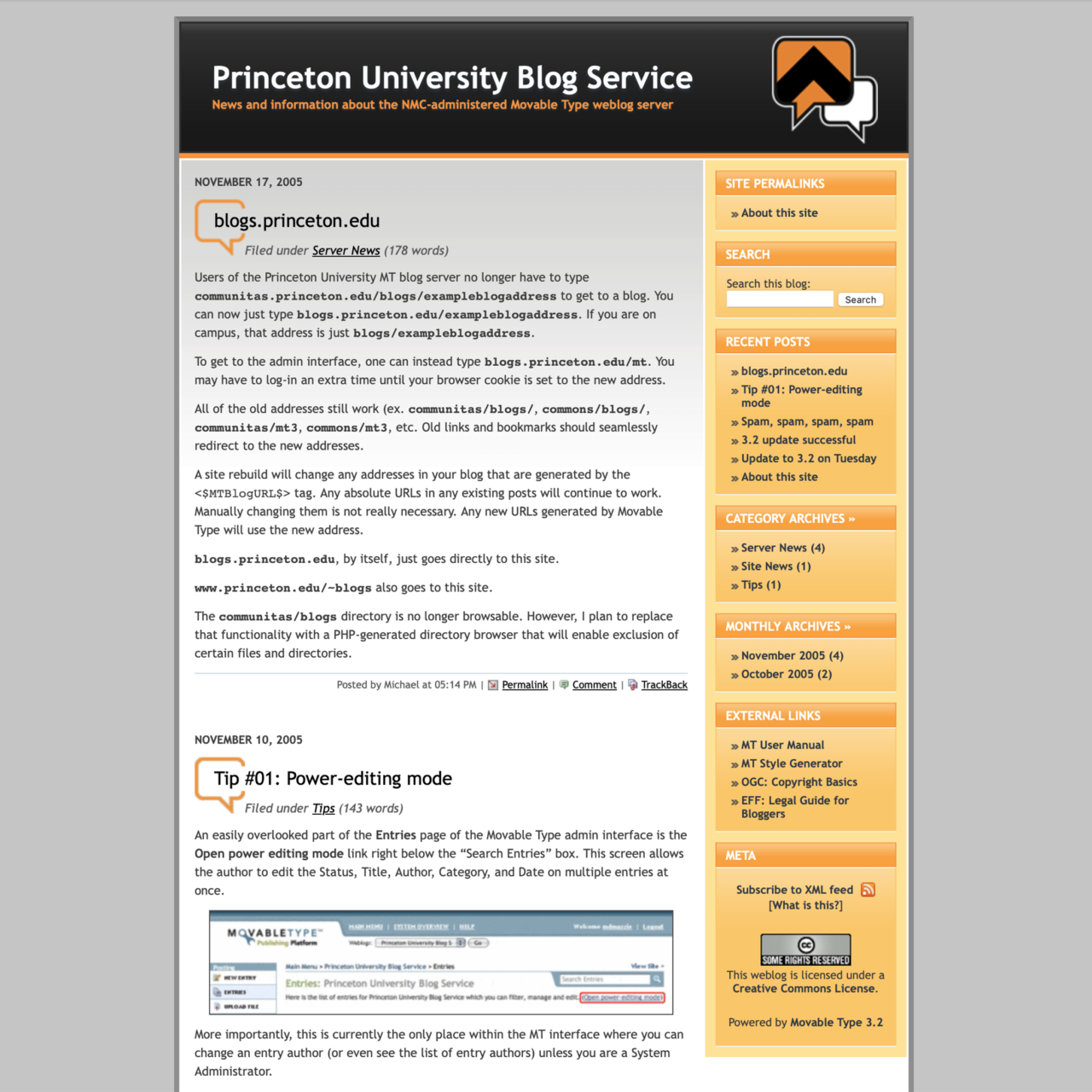
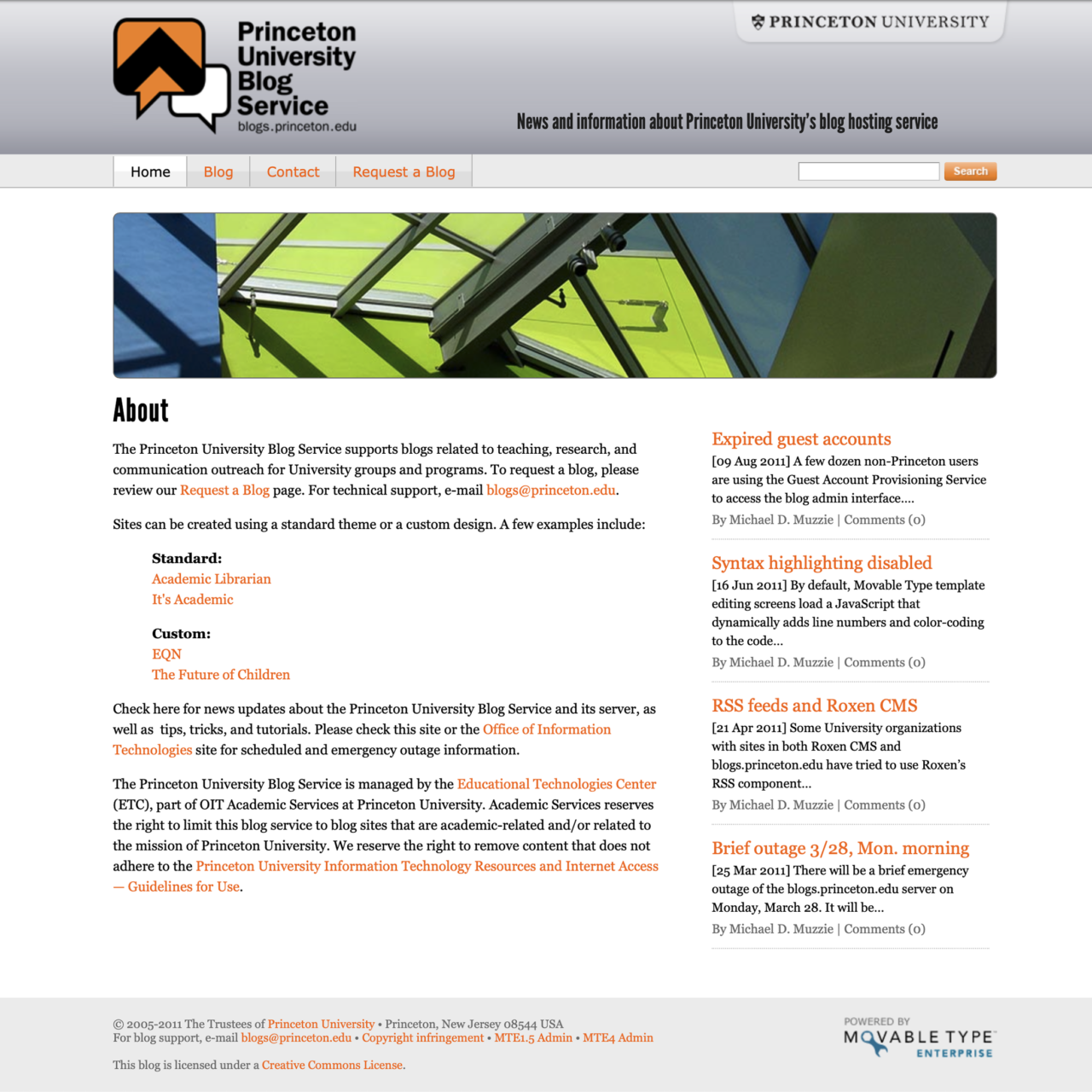
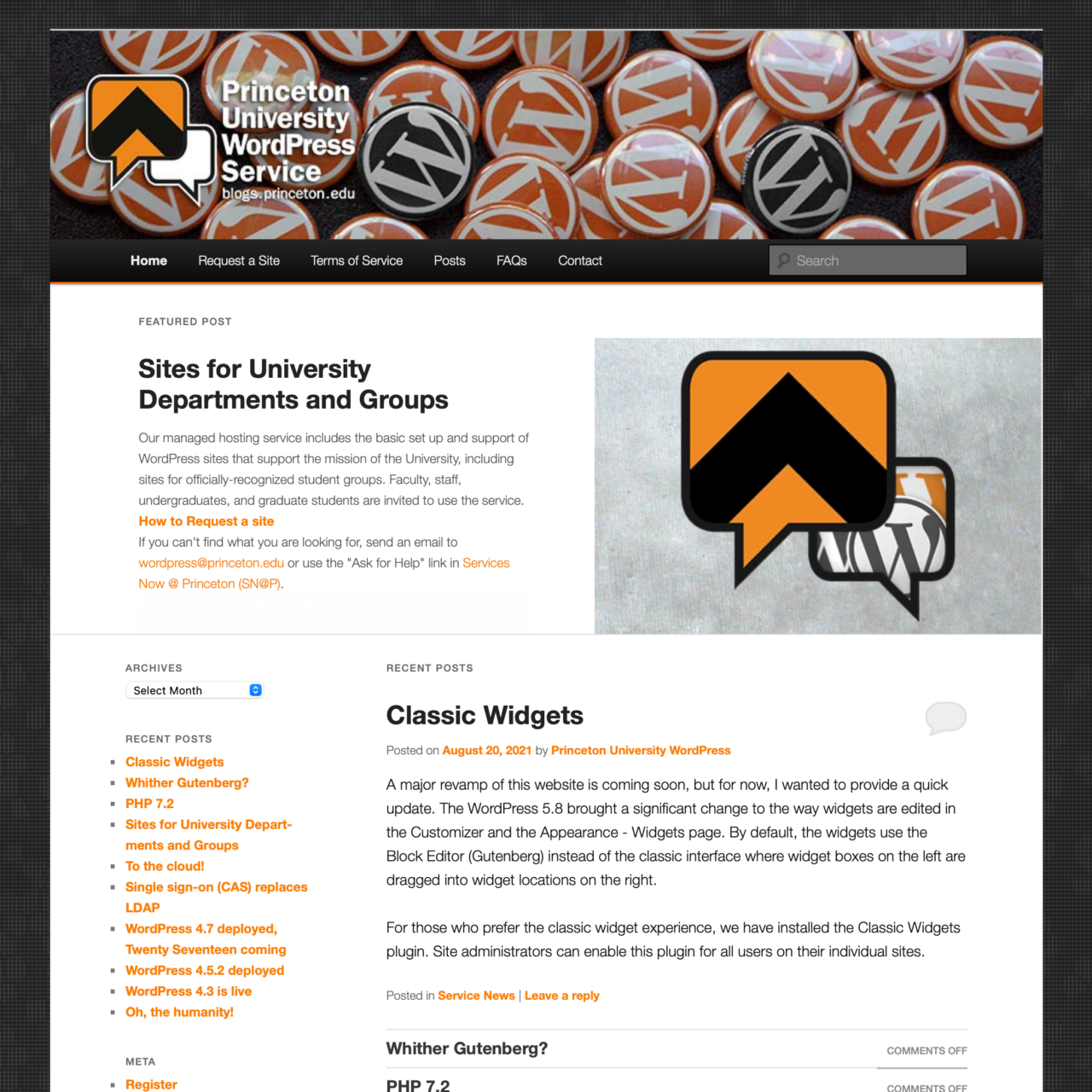
You must be logged in to post a comment.